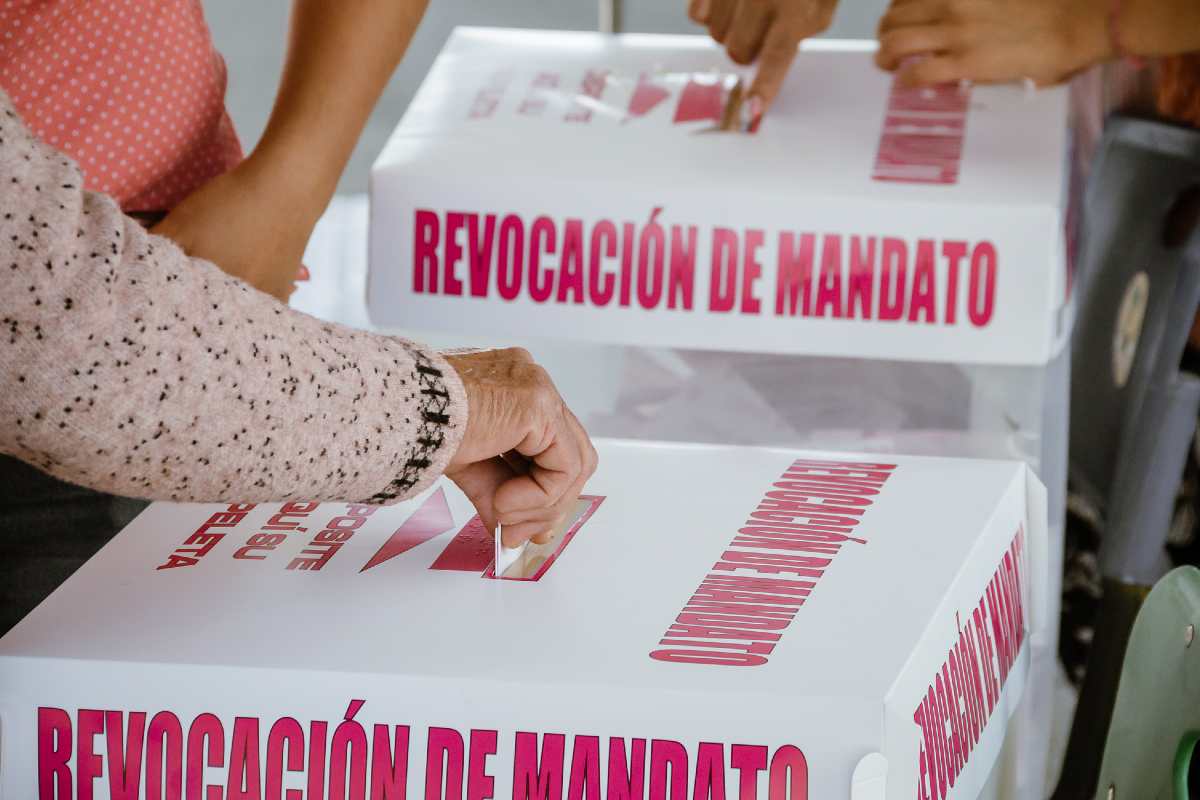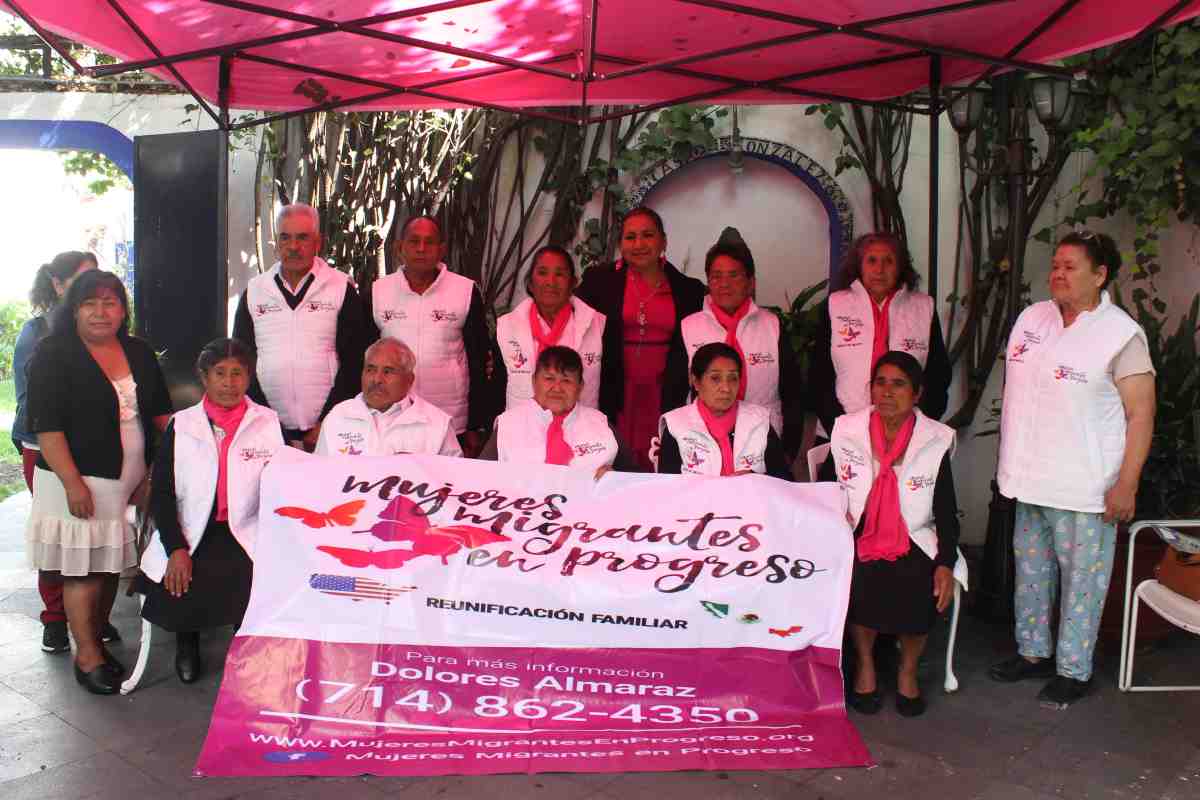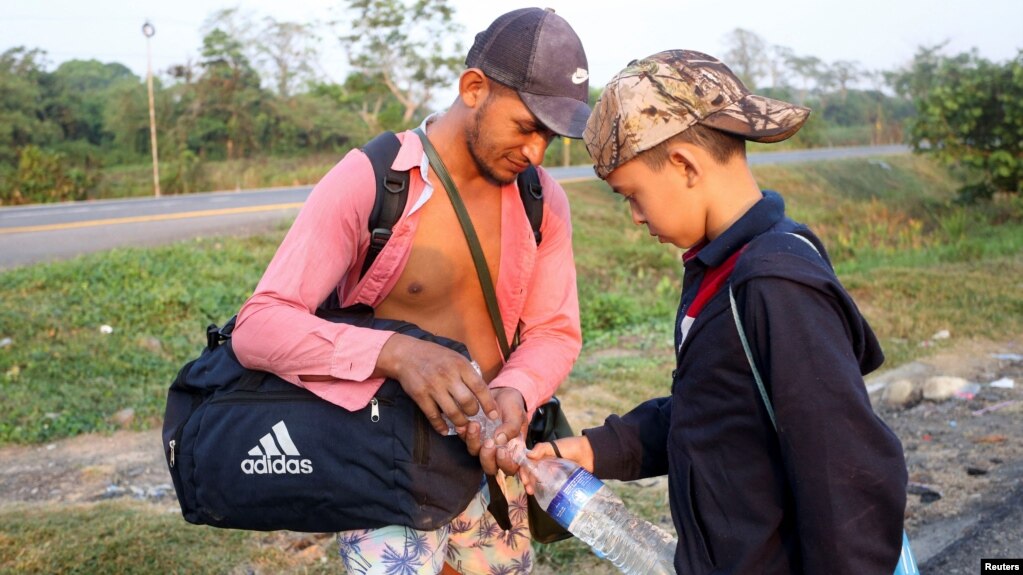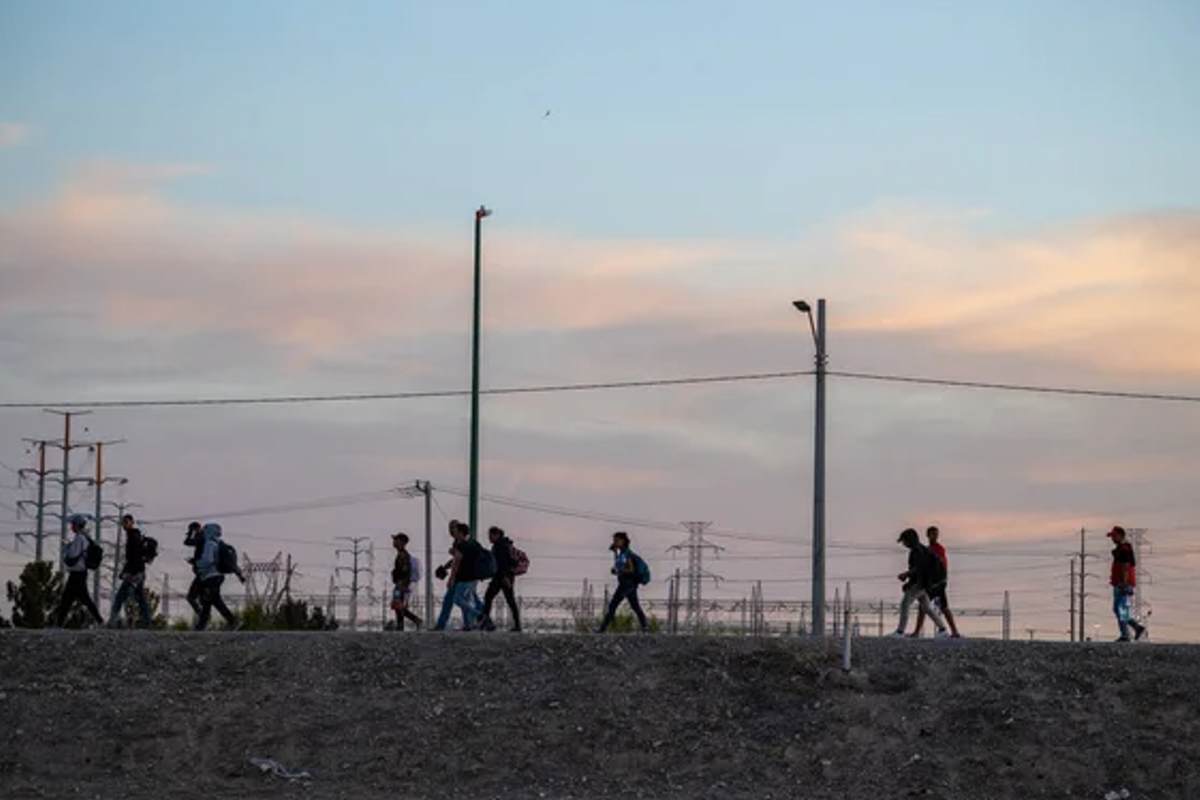The US has over 40 million immigrants; roughly half come from Latin America.
Immigration is a fact of life in the US. Access to health care is a necessity for all – no matter where you live or where you are born. While access to health care is a struggle for immigrants and non-immigrants alike, those who are poor, live in transition or a new to a community, many find it especially difficult to access health care in the US.
We are a team of researchers in the US and Mexico working on issues of health care access for Latino immigrants. We work on discovering the best ways for clinics to recruit and service clients. Our research tries to find simple concrete measure that service providers can take to increase their Latino clients and to provide valuable resources such as HIV testing and HIV care, which increases the health of the community and not just the individual.
One study we conducted explored the health and health care of Zacatecan immigrants in the US. Many Mexican immigrants come from the region of Zacatecas, which has one of the highest emigration rates in Mexico.
We found that overall health care was good, although there were many gaps that Zacatecan immigrants had with regard to health care. For example, few had had an HIV test. Many needed reading glasses to take the survey but did not have any. Many immigrants continued to travel back to Mexico for health care and those who did tended to have high rates of chronic illnesses. In 2013, we developed a Web based tool to coordinate care, and facilitate communication between US and Mexican medical providers
We are currently conducting a study exploring how clinics can best provide Pre-Exposure Prophylaxis (PrEP; a pill taken daily) to greatly decrease HIV transmission among recent Latino immigrants who live and work in rural locations.
We look to the Holocaust as a time and situation of barbaric proportions. We see Jews from Europe loaded onto trains and taken to concentration camps where they endured hard labor, starvation and ultimately death. Today we do not have one process that leads to the death of immigrants. Immigrants are no loaded onto trains and taken to a camp to be killed. Rather there is a invisible division of labor when it comes to the death of many including immigrants. Rather than loading immigrants onto trains, they are turned away at health clinics, they are not given access to medical providers or medicine that can save their lives. The deaths may not be immediate but they take time and are not in over location but span many nations. Ultimately, working for access to health care for immigrants and all is working towards human rights and the protection of lives.
Access to health care is a vital part of human rights. Denial of health care is denial of human rights. As defined by the World Health Organization, human rights include access to the highest attainable quality of health care in a timely manner. Consider the case of Yemen. Human Rights Watch published cases where HIV patients in Yemen were denied care. When care is available – the denial of that care is equivalent to a death sentence.

















